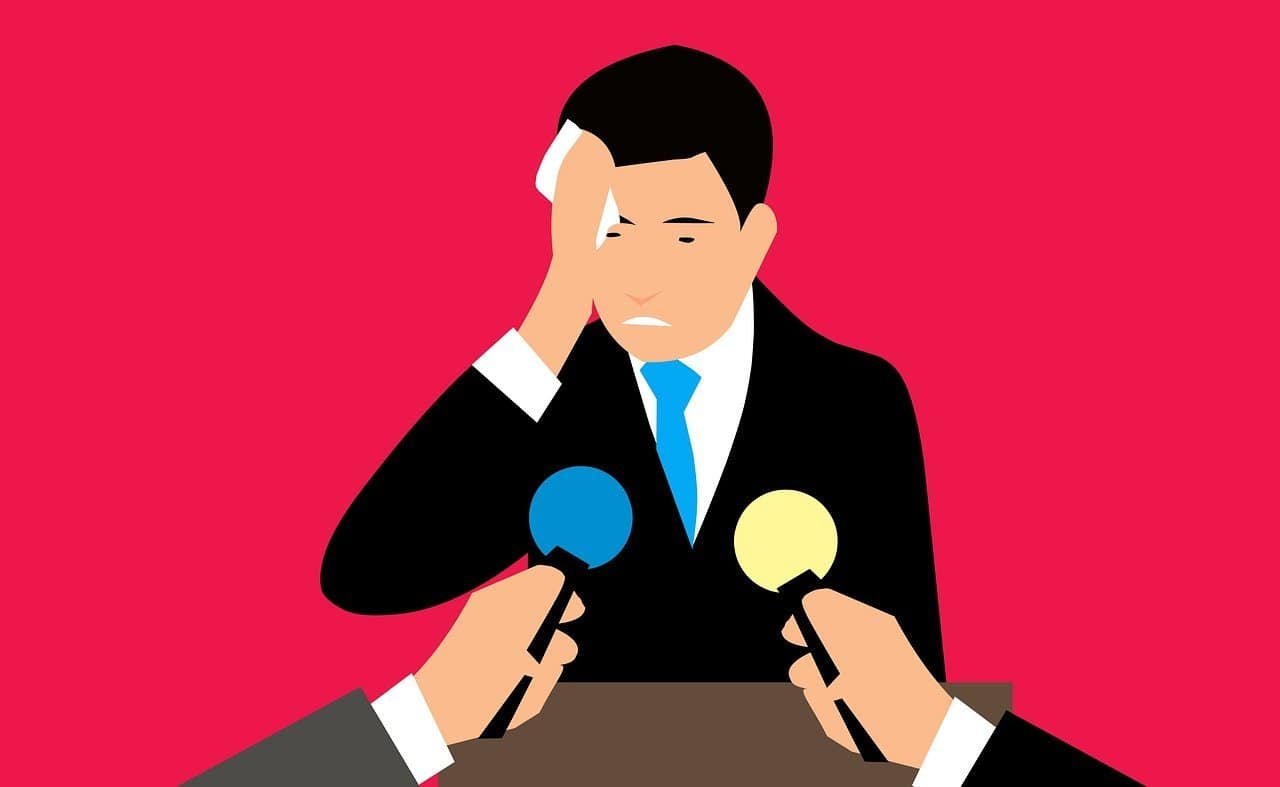Performance Anxiety
Feeling jittery before a big performance is normal, but when those nerves become overwhelming, it’s time to address performance anxiety. It’s a common issue that can affect anyone, from athletes to musicians to public speakers.
The pressure to perform well can trigger physical symptoms like rapid heartbeat, sweating, and trembling. However, with the right strategies, you can manage and even overcome performance anxiety.
Understanding the root causes, practicing relaxation techniques, and visualizing success are all effective ways to combat these nerves. By acknowledging and addressing your performance anxiety, you can regain control and boost your confidence on stage or in any high-stakes situation.
Key Takeaways
- Performance anxiety can have a significant impact on an individual’s ability to perform under pressure and can be overwhelming due to the fear of failure.
- Having a support system in place is important as reassurance and encouragement can alleviate pressure and seeking support from trusted individuals can provide valuable insights and coping strategies.
- Performance anxiety impairs focus and concentration, leading to decreased performance, which can affect productivity and the quality of work. Cognitive techniques and mindfulness practice can help combat performance anxiety and promote calm and clarity.
- Recognizing the causes of performance anxiety, such as fear of failure, perfectionism, past negative experiences, and self-criticism, is the first step towards finding solutions. Developing coping mechanisms and utilizing effective management strategies like relaxation techniques, visualization exercises, and consistency can help manage anxiety and improve performance.
Understanding Performance Anxiety
To understand performance anxiety, you need to recognize its impact on your ability to perform under pressure. When facing a high-stakes situation, the fear of failure can be overwhelming, leading to a range of physical and psychological symptoms that hinder your performance. Coping techniques are essential in managing this anxiety.
Deep breathing, positive visualization, and mindfulness can help calm your nerves and improve focus. Additionally, having a support system in place can provide reassurance and encouragement, helping to alleviate some of the pressure you may be feeling.
It’s important to remember that you’re not alone in experiencing performance anxiety. Many individuals encounter similar struggles, and seeking support from friends, family, or mental health professionals can make a significant difference. By sharing your feelings and experiences with trusted individuals, you can gain valuable insights and coping strategies.
Your support system can offer perspective, empathy, and practical advice, ultimately bolstering your confidence and helping you navigate challenging situations more effectively. Remember, acknowledging and addressing performance anxiety is the first step toward overcoming it.
Impact on Performance
Frequently, performance anxiety can significantly impair your ability to perform at your best under pressure. When anxiety takes hold, it can interfere with your focus, leading to racing thoughts, self-doubt, and an inability to concentrate. This can result in decreased performance, impacting your productivity and quality of work.
Cognitive techniques, such as cognitive restructuring and visualization, can be beneficial in combating performance anxiety. By challenging negative thought patterns and mentally rehearsing successful outcomes, you can enhance your cognitive resilience and improve your performance under pressure.
Additionally, mindfulness practice can help you stay grounded in the present moment, allowing you to let go of distracting thoughts and fears about the future. Engaging in mindfulness exercises, such as deep breathing or body scans, can promote a sense of calm and clarity, enabling you to perform to the best of your abilities.
Recognizing the Causes
You can recognize the causes of performance anxiety by examining the underlying factors that contribute to your feelings of pressure and stress in demanding situations. Identifying the root causes can help you better understand and address your performance anxiety. Here are three key factors to consider:
-
Causes: Performance anxiety can be caused by various factors such as fear of failure, perfectionism, past negative experiences, or excessive self-criticism. Understanding what triggers your anxiety is the first step towards finding effective solutions.
-
Symptoms: Recognizing the symptoms of performance anxiety, such as rapid heartbeat, sweating, trembling, or racing thoughts, can help you acknowledge when you’re experiencing anxiety and take steps to manage it.
-
Emotional Triggers and Coping Mechanisms: Uncovering the emotional triggers that lead to performance anxiety, such as public speaking or high-stakes situations, can provide insight into developing coping mechanisms. These may include deep breathing exercises, positive self-talk, or visualization techniques to help manage anxiety and improve performance.
Effective Management Strategies
Understanding your triggers and developing effective management strategies are essential for overcoming performance anxiety and achieving optimal results. When it comes to managing performance anxiety, relaxation techniques can be incredibly helpful. Deep breathing, progressive muscle relaxation, and mindfulness meditation are all effective ways to calm your mind and body before a performance. These techniques can help reduce the physical symptoms of anxiety, such as rapid heartbeat and shallow breathing, allowing you to feel more grounded and focused.
Visualization exercises are another powerful tool for managing performance anxiety. By visualizing yourself succeeding in your performance, you can help alleviate some of the fear and self-doubt that contribute to anxiety. Take some time to vividly imagine yourself performing well, feeling confident, and receiving positive feedback. This practice can help rewire your brain to associate performances with success rather than fear.
Incorporating these relaxation techniques and visualization exercises into your pre-performance routine can significantly impact your ability to manage performance anxiety and achieve your best results. Experiment with different methods to find what works best for you, and remember that consistency is key in developing effective management strategies.
Overcoming Performance Anxiety
To conquer performance anxiety, practice incorporating the relaxation techniques and visualization exercises discussed in the previous section into your pre-performance routine.
1) Coping techniques: Utilize deep breathing, progressive muscle relaxation, and positive self-talk to alleviate anxiety symptoms before and during your performance.
2) Mindset shift: Reframe your thoughts by focusing on the present moment and embracing any nerves as a source of energy that can enhance your performance rather than hinder it. Visualize yourself succeeding and feeling confident, reinforcing a positive mindset leading up to the performance.
3) Practice, practice, practice: The more familiar you’re with your material or routine, the more secure and prepared you’ll feel. Rehearse in various settings to simulate performance conditions and build confidence in your abilities.
Conclusion
So next time you feel the weight of performance anxiety, remember that it’s just a dark cloud that can be blown away with the right tools and strategies.
Like a skilled sailor navigating through stormy waters, you can steer your ship towards calmer seas and smoother sailing.
Don’t let performance anxiety hold you back from reaching your full potential.
You have the power to overcome it and shine brightly.







